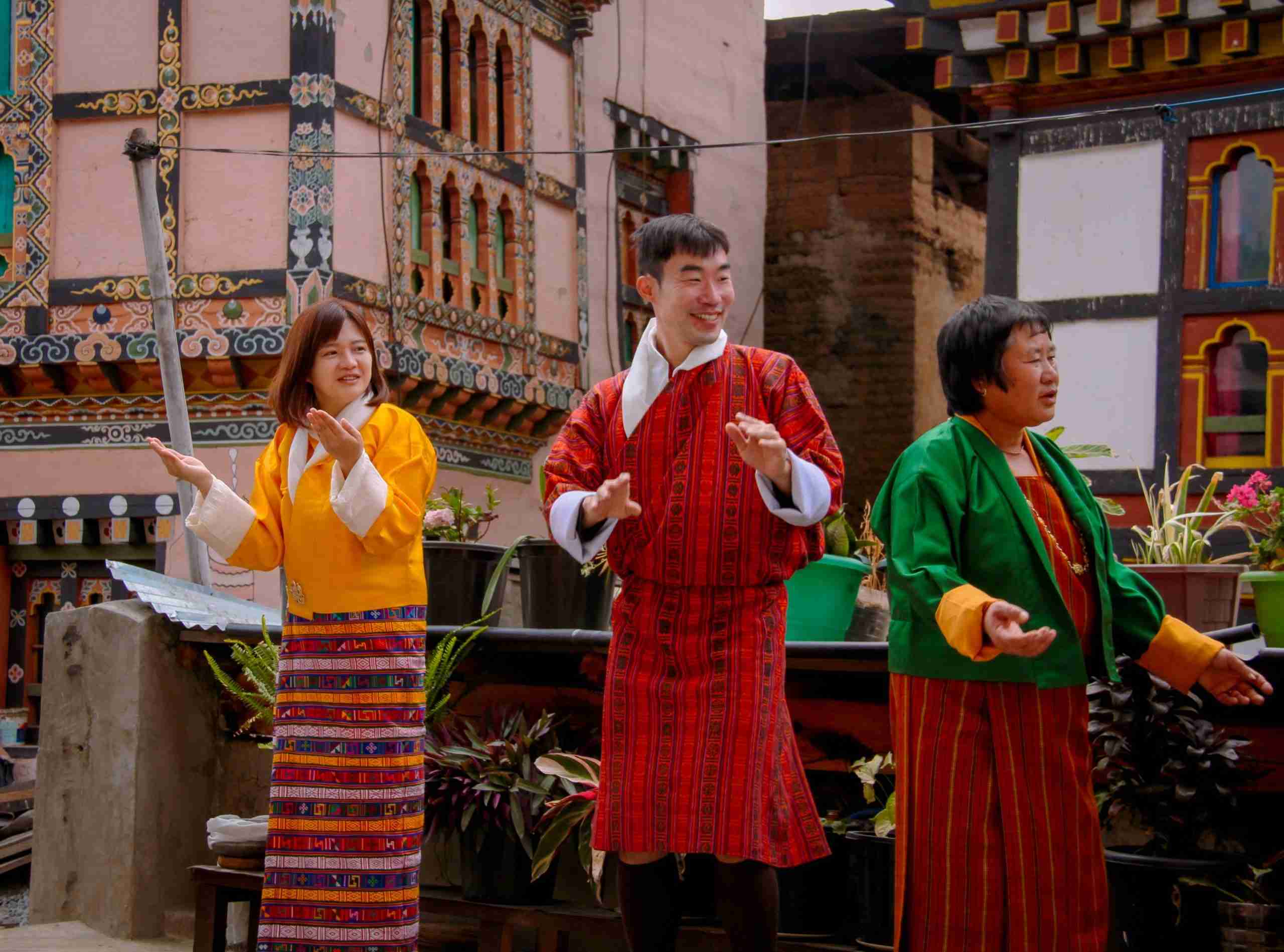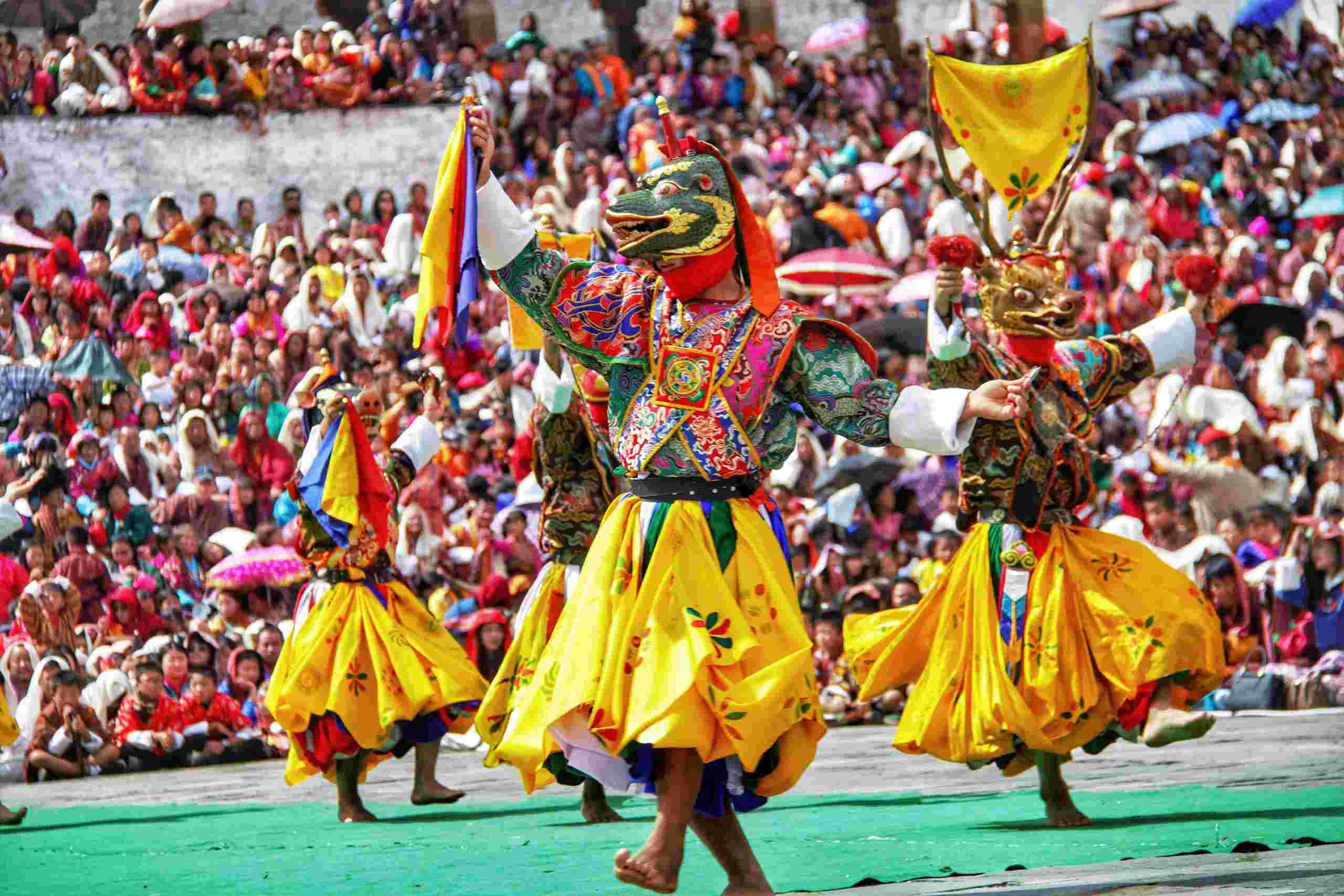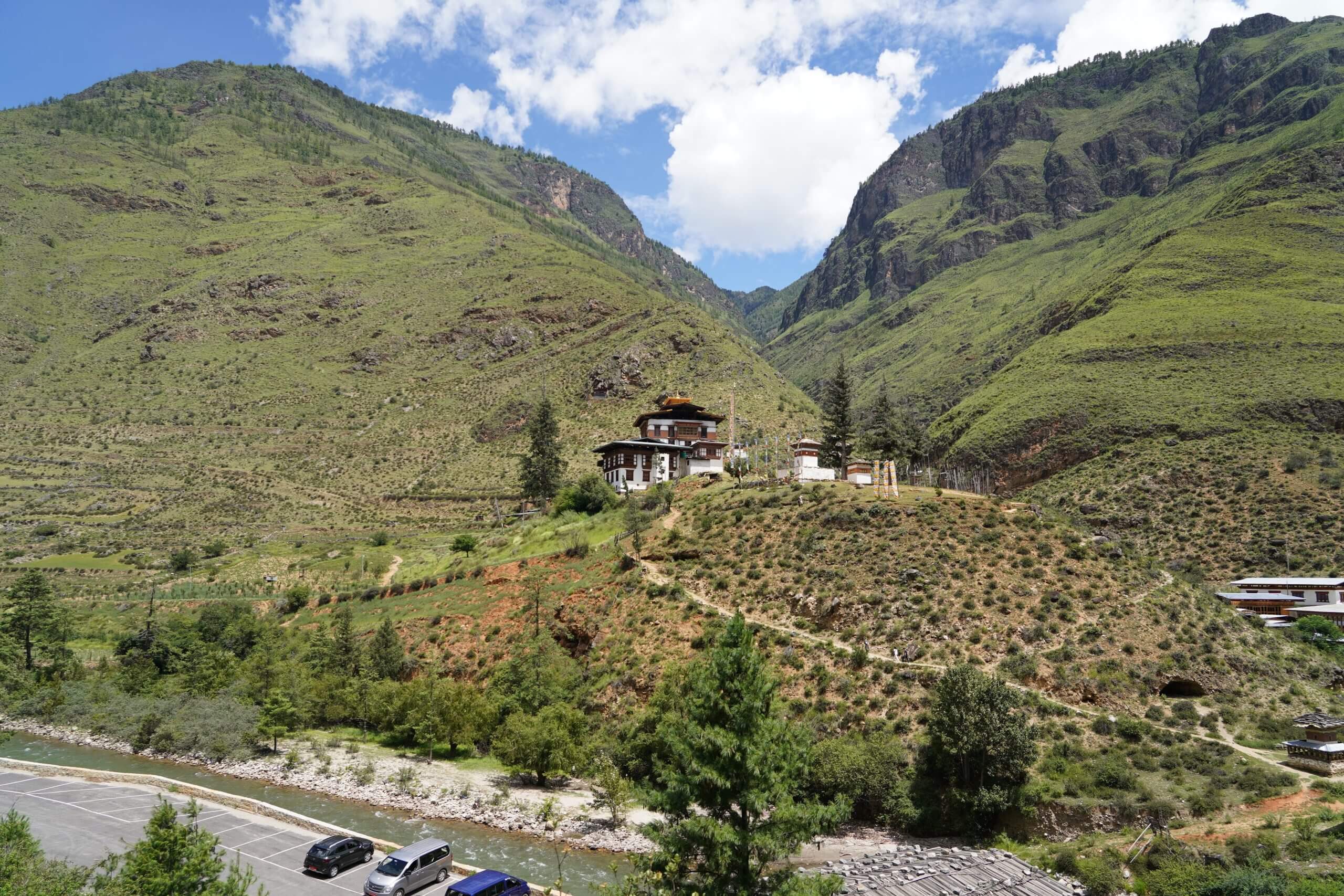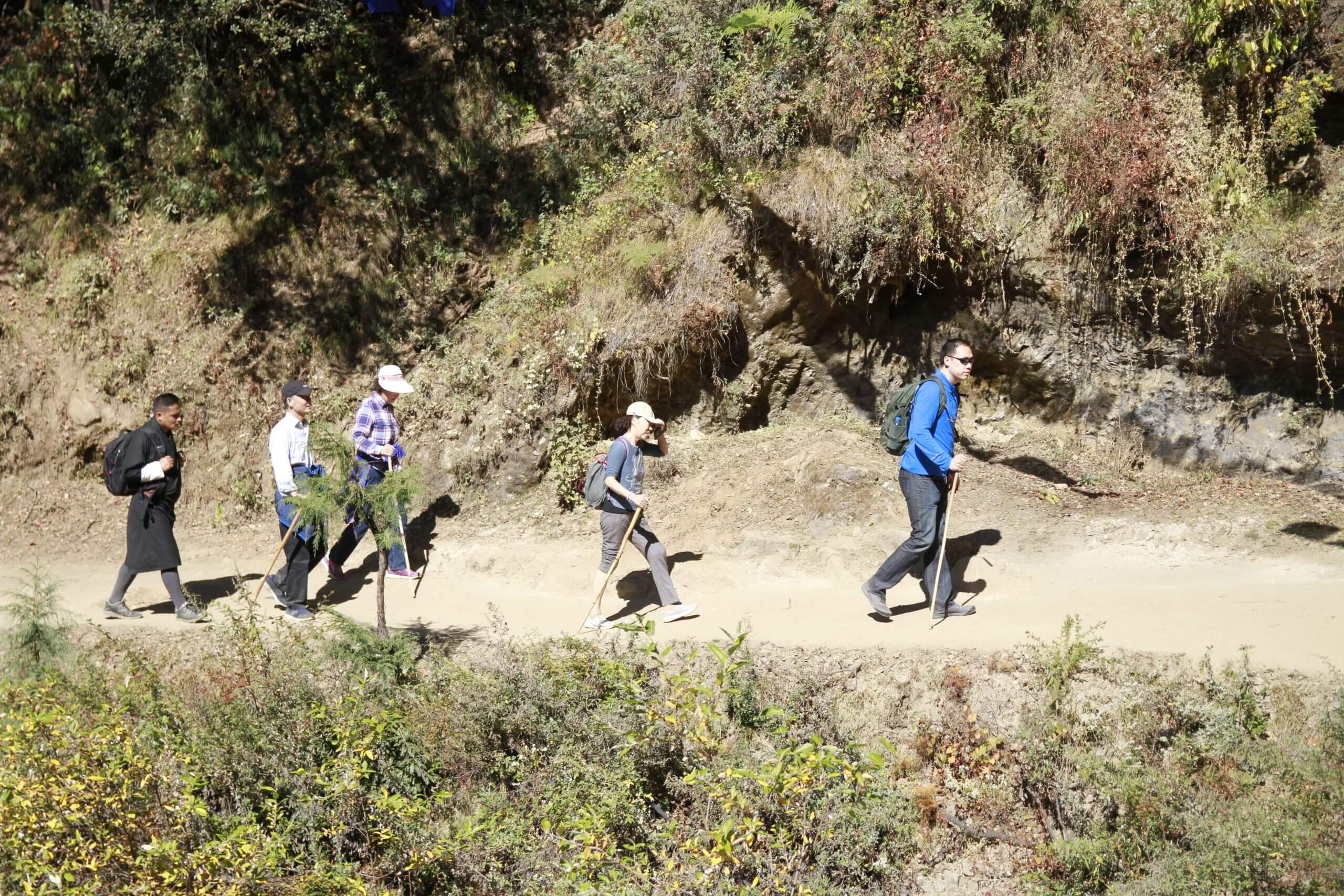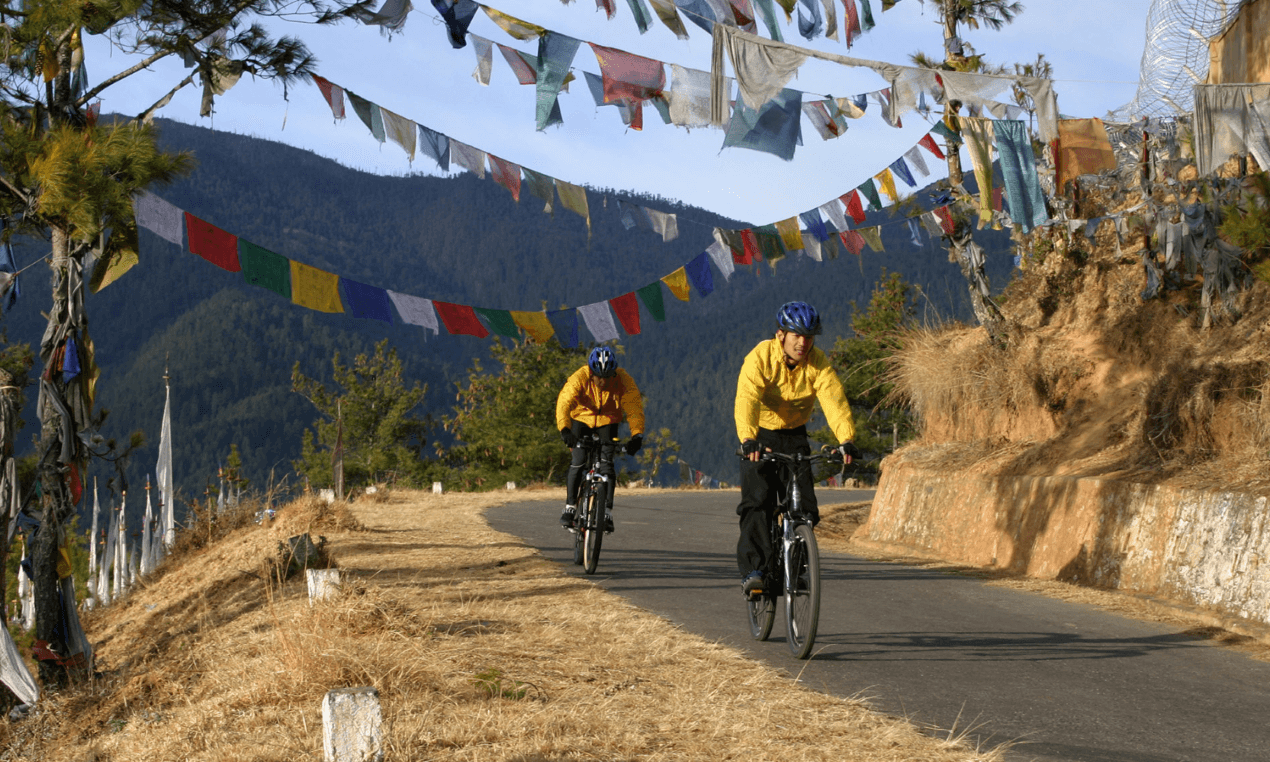SDF
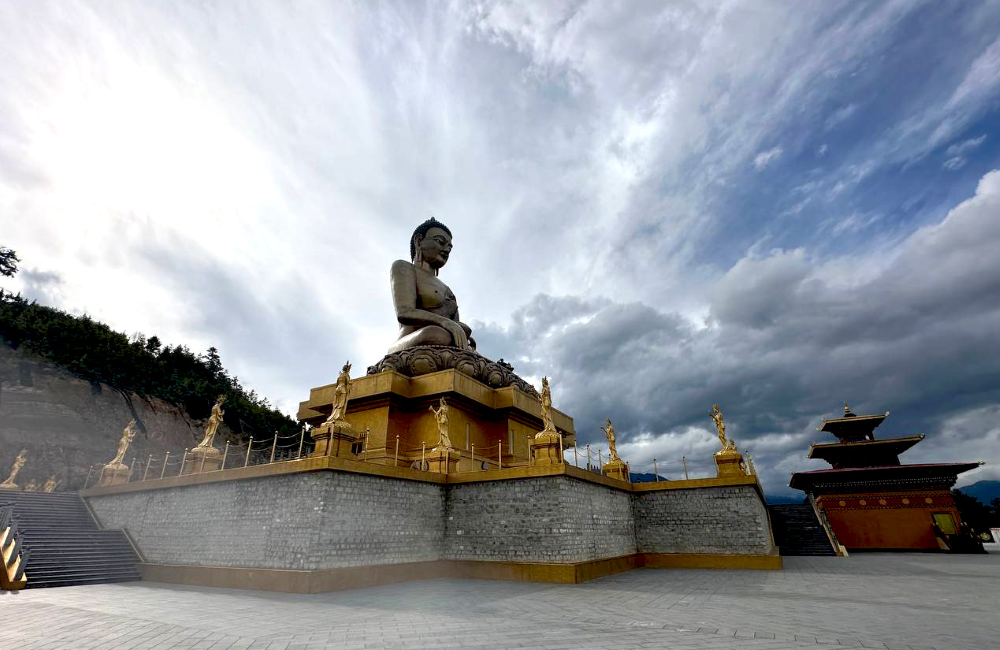
SDF
The Royal Government of Bhutan announced additional incentives and policy measures to boost the tourism sector which came in effect from 1st September 2023 and will remain effective till 31st August 2027. This is in view of the important role of the tourism sector in generating employment; earning foreign exchange; realizing the potential for spillover benefits for ancillary industries; and in boosting overall economic growth.
The incentives and measures shall consist of the following:
- A fifty percent discount shall be granted on the prevailing SDF of USD 200 for US Dollar paying tourists visiting Bhutan. The effective SDF with the discount shall be USD 100 per person per day for US Dollar paying tourists.
- In addition, fifty percent discount on the SDF shall be granted on the rates applied to children aged between 6 to 12 years for US Dollar paying children visiting as tourists.
- The 24 hours SDF waiver for tourists staying in the border towns shall continue.
Brief History of SDF
Bhutan has gained popularity in recent years for its unique approach to tourism. The government has made a conscious effort to prioritize its cultural heritage and natural resources, while limiting the number of visitors to the country.
Bhutan now mandates a “sustainable development fee” of $200 per night for all visitors, which marks a considerable rise from the previous charge of $65. The reasoning behind these regulations is apparent: Bhutan is striving to promote tourism that is both high in value and low in volume to safeguard its environment and cultural heritage.
Bhutan has implemented several sustainable tourism initiatives, such as promoting responsible waste management and decreasing carbon emissions, to protect the environment and promote eco-friendly practices. These efforts have received recognition, and in 2020, Bhutan was awarded the Sustainable Tourism Award by the World Tourism Organization, further demonstrating its commitment to sustainable tourism.
The Sustainable Development Fee enables investment in transformative programmes that preserve our cultural traditions, protect our heritage and environment, upgrade infrastructure, create opportunities for our young people, and build resilience.

